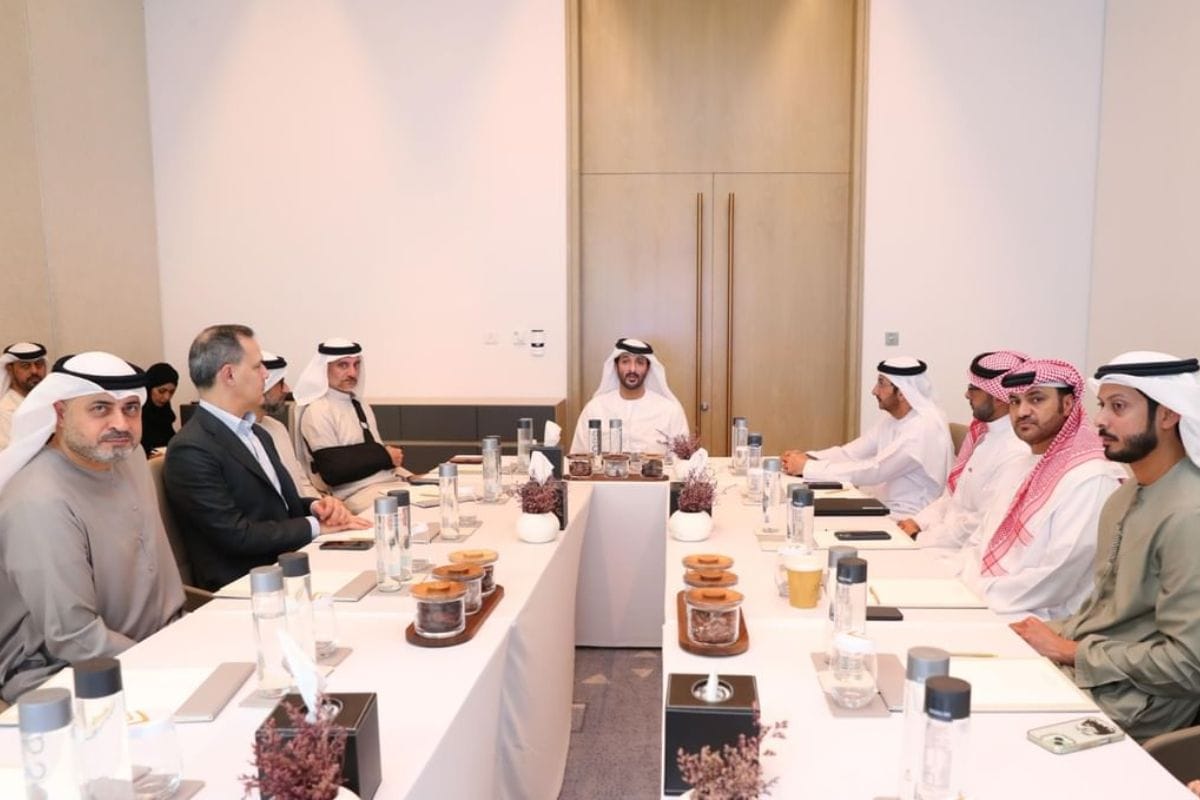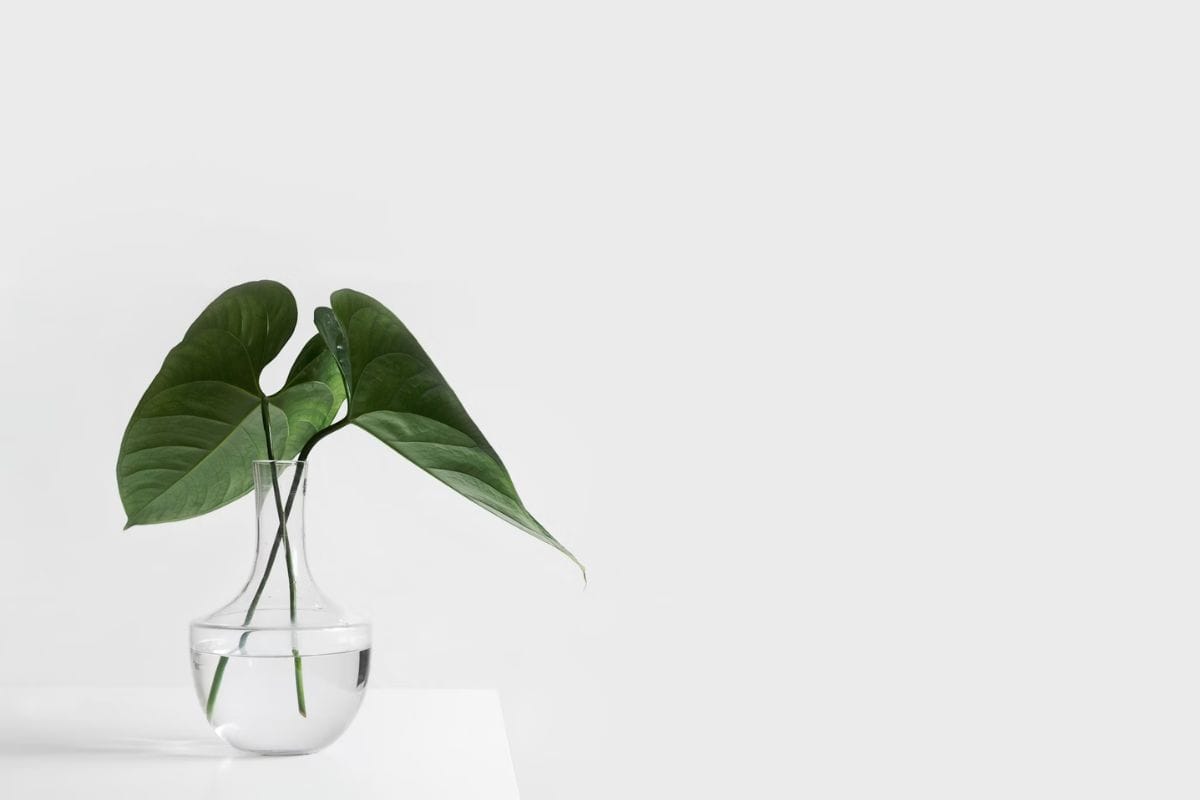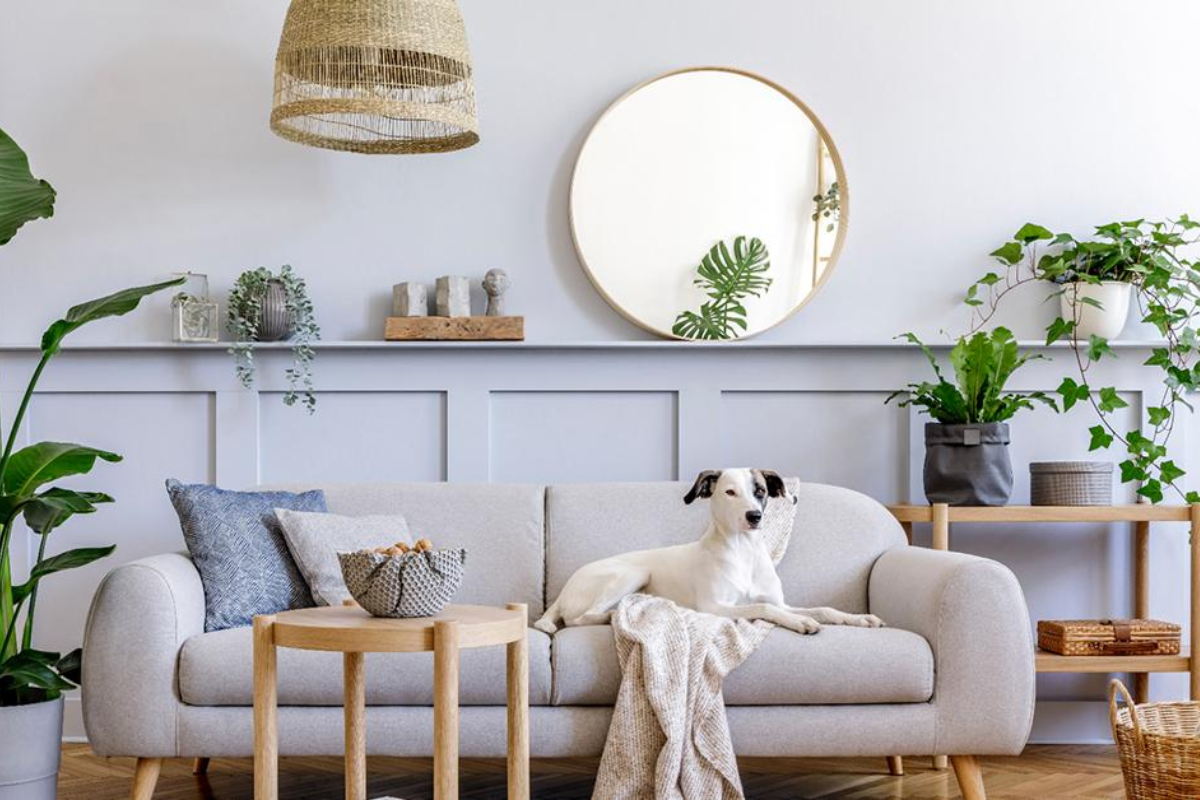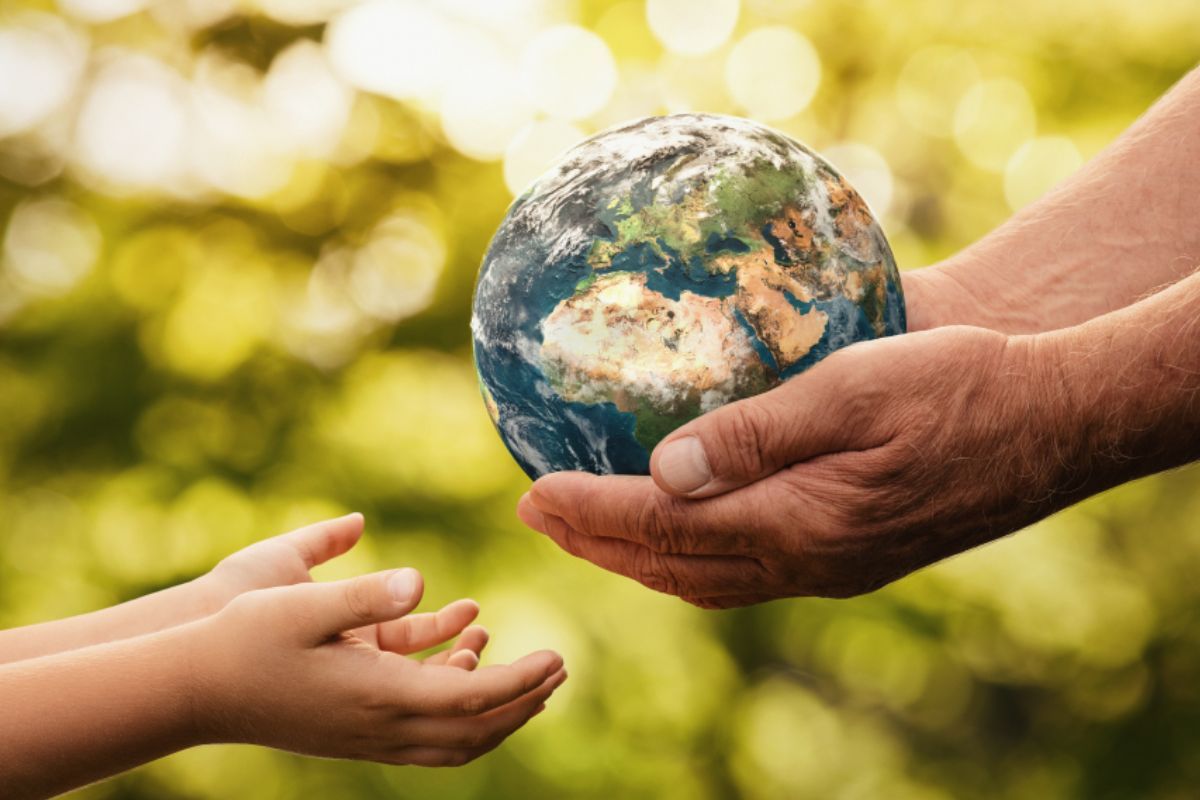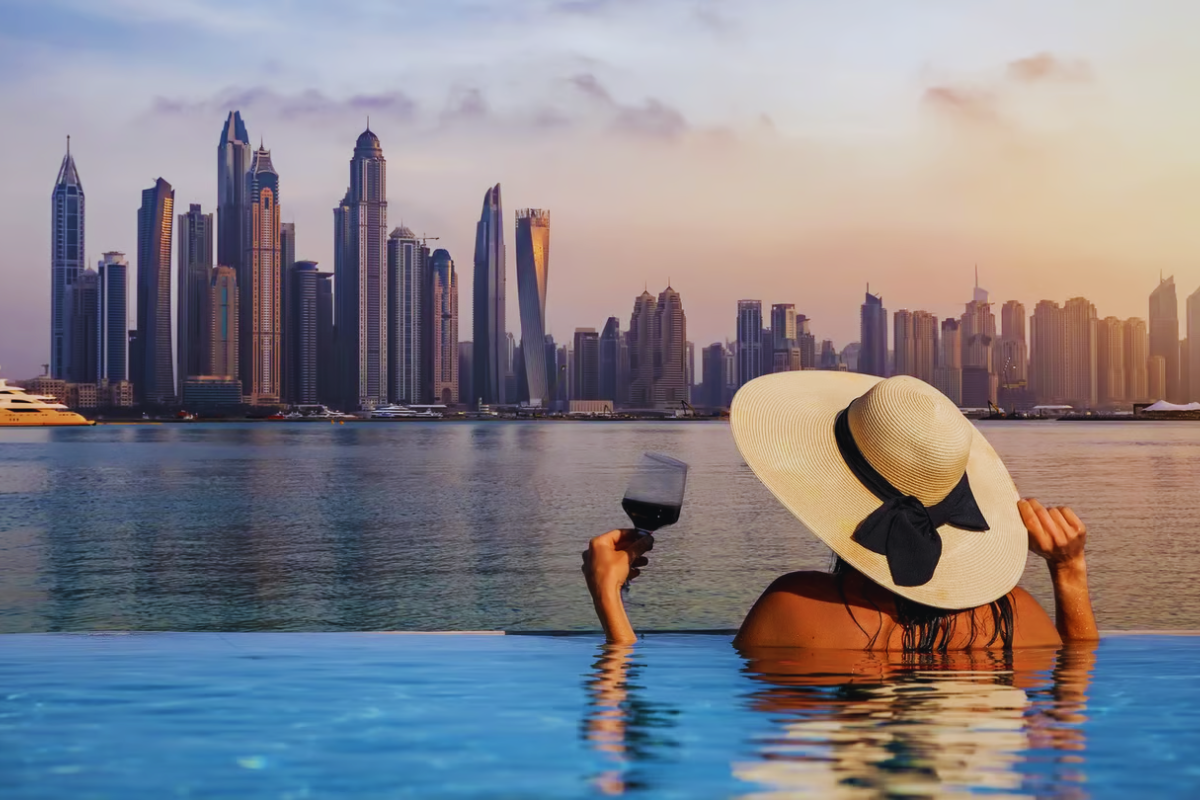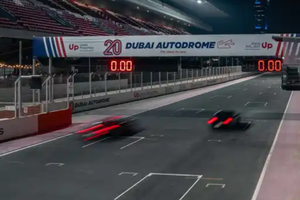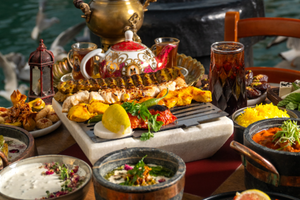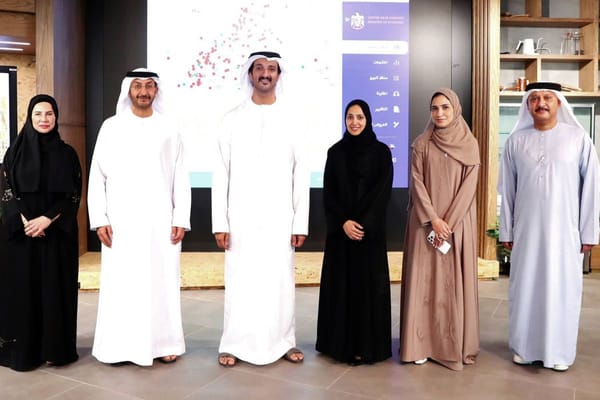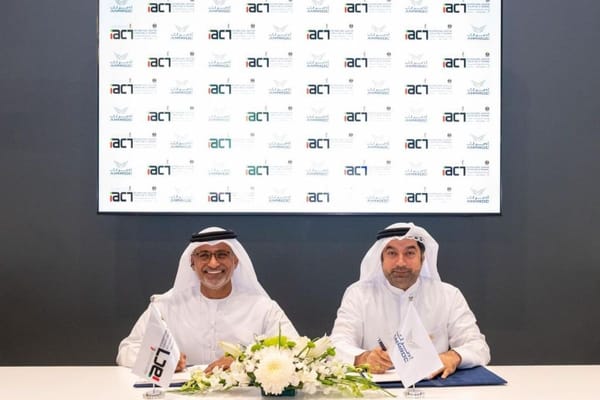What makes people crave luxury? This question isn’t just about expensive cars or designer labels—it’s about psychology, emotion, and even neuroscience. Studies have shown that luxury consumption triggers pleasure centers in the brain, making people feel more powerful, accomplished, and even happier. According to a report by Bain & Company, the global luxury market grew to €1.5 trillion in 2023, showing a significant rise in high-end spending despite economic uncertainties. Luxury is not just about status; it’s deeply tied to human behavior and aspirations.
Dubai is one of the most compelling examples of this phenomenon. As of 2023, the city is home to 68,400 millionaires, over 200 centi-millionaires (individuals with $100 million or more), and 15 billionaires, according to Henley & Partners’ Wealth Report. Yet, luxury in Dubai is not limited to the ultra-rich. The city has cultivated an environment where high-end living is aspirational yet accessible, attracting professionals, entrepreneurs, and expats who embrace luxury as a lifestyle rather than just a financial statement. Whether it’s real estate, fashion, fine dining, or exclusive experiences, luxury in Dubai is a carefully designed ecosystem that fuels desire, ambition, and social validation.
But why does luxury hold such an emotional grip on people? And how has Dubai positioned itself as the global hub for high-end living? This article dives into the psychology behind luxury, the economic and social factors driving its appeal, and why Dubai continues to thrive as the ultimate destination for those seeking the finer things in life.
The Psychological Appeal of Luxury: Why Do We Crave It?
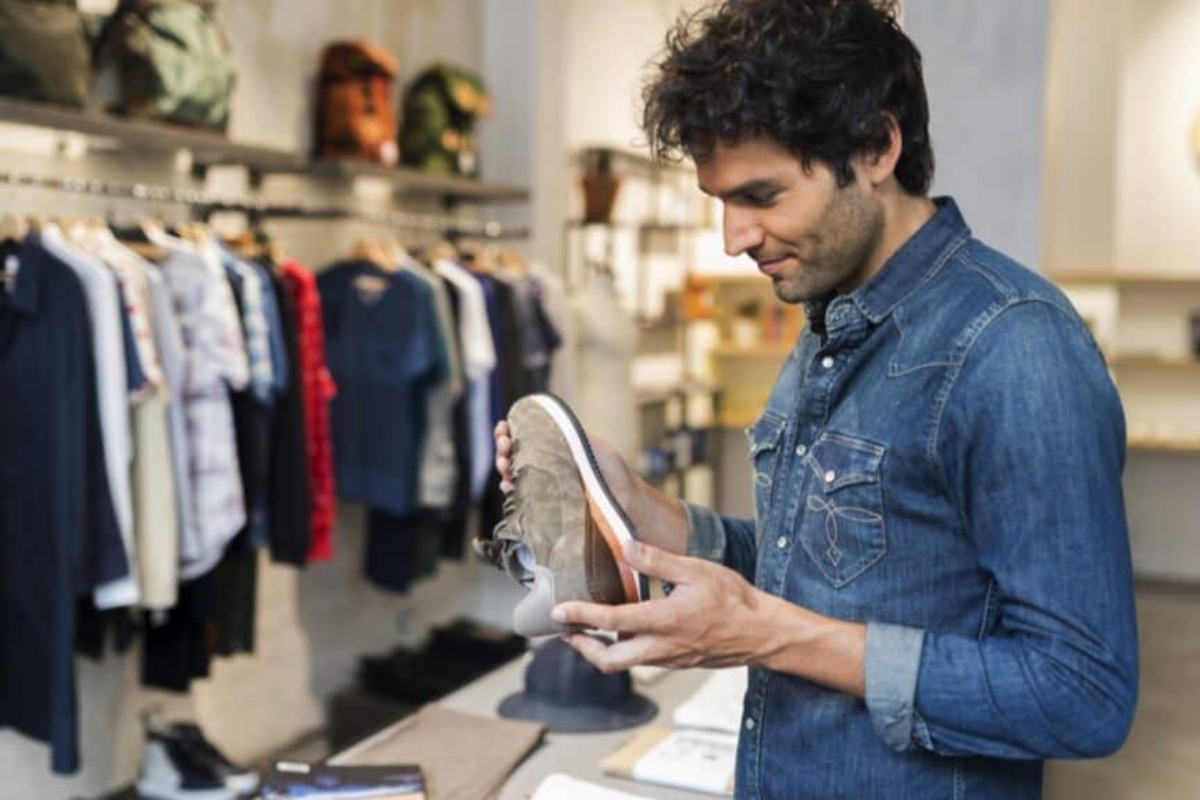
Luxury isn’t just about owning expensive things—it’s about what those things represent. Throughout history, people have used wealth and possessions to signal success, power, and exclusivity. Whether it’s a designer handbag, a penthouse with a skyline view, or a limited-edition watch, luxury is a way to communicate social status. This idea is deeply rooted in psychology. Studies show that people associate high-end goods with prestige, reinforcing their sense of accomplishment and belonging. It aligns with Maslow’s hierarchy of needs, where self-esteem and social recognition come after basic survival and security. The more exclusive an item, the more desirable it becomes, as people naturally want what is difficult to attain.
Beyond status, there’s a biological response to luxury. Neuroscientific research reveals that high-end purchases activate pleasure centers in the brain, triggering the release of dopamine—the same neurotransmitter linked to happiness and motivation. This explains why luxury isn’t just about appearance but also about how it makes us feel. A study published in the Journal of Consumer Psychology found that people derive more emotional satisfaction from buying luxury experiences—such as private yacht cruises or fine dining than from material possessions. The brain forms a positive association between indulgence and well-being, reinforcing the desire for more.
For many, luxury is also a form of self-reward. High earners often justify splurging on premium brands or exclusive experiences as a way to celebrate their success. This behavior isn’t just impulsive spending—it’s psychological reinforcement. The idea that "I worked hard, so I deserve this" is a driving force behind many high-end purchases. It’s why limited-edition products, VIP services, and exclusive memberships are so appealing. They create a sense of personal achievement and fulfillment, making luxury feel like more than just a purchase—it becomes an experience, a statement, and sometimes, even an identity.
Why Dubai is the Epicenter of Luxury Living
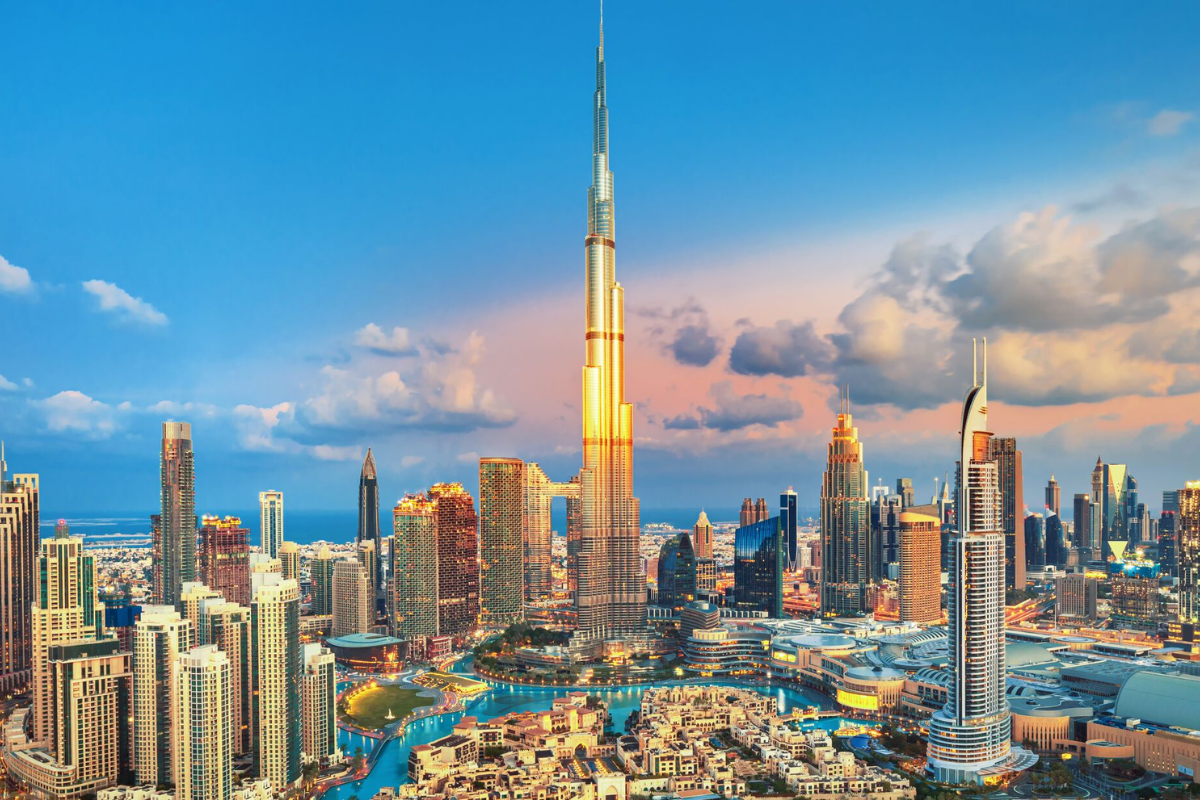
Dubai’s transformation into a global luxury capital is no accident—it is a result of strategic economic policies, cultural shifts, and an environment that constantly redefines high-end living. Over the past two decades, the city has cultivated an identity that goes beyond just wealth; it has become a place where luxury is not just an indulgence but an expectation. With a tax-free economy, a booming real estate market, and a carefully curated lifestyle of opulence, Dubai has positioned itself as the ultimate destination for those seeking exclusivity.
- The Economic & Cultural Landscape
Dubai’s luxury appeal lies in its ability to attract the world’s wealthiest individuals. Henley & Partners' 2024 Wealth Report notes a 49% rise in millionaires, bringing the UAE’s total to 120,500 millionaires, 308 centi-millionaires, and 20 billionaires. This influx is fueled by zero-income tax, investor-friendly policies, and world-class infrastructure, making Dubai both a financial haven and a lifestyle destination.
Luxury real estate has surged in response. Dubai House reports 190 luxury home sales over $10 million in early 2024, pushing high-end property transactions to AED 177.4 billion ($48.3 billion), a 25% annual increase. Seven Luxury Real Estate reveals that homes valued over $1 million have tripled since 2020, making high-end living aspirational beyond just the ultra-rich.
But Dubai’s appeal goes beyond real estate—it’s a city where luxury is a daily norm, not a privilege. Business of Fashion highlights seven-star hotels, Michelin-star dining, elite clubs, and designer shopping, seamlessly integrating opulence into everyday life.
- Luxury Beyond Money – A Lifestyle Choice
Dubai has masterfully positioned luxury as a necessity rather than an extravagance, making high-end living aspirational yet attainable. According to The Sun UK, the rise of branded residences, luxury beach clubs, and premium concierge services ensures that indulgence is woven into daily life, accessible across different income levels. From £100 million bespoke mansions to lavish staycations and fine dining, luxury is integrated into the city’s identity.
Dubai’s vibrant social scene and elite events further reinforce its status as the ultimate luxury destination. Arabian Business highlights events like Dubai Design Week, the International Film Festival, and Formula 1 VIP experiences, which elevate exclusivity beyond material goods to experiences and prestige.
Social media has played a pivotal role in amplifying this luxury culture. Sprinklr’s 2024 UAE Social Media Report notes that influencers, celebrities, and entrepreneurs have fueled Dubai’s image as a hub for opulence. Figures like Supercar Blondie (Alex Hirschi) have showcased Dubai’s extravagant lifestyle, drawing global attention. With 80% of UAE consumers trusting influencer recommendations, brands increasingly collaborate with digital personalities to make luxury feel both aspirational and attainable.
Dubai’s seamless fusion of luxury, opportunity, and exclusivity cements its position as a global benchmark for high-end living, ensuring its status as the world’s ultimate luxury hub remains unchallenged.
The Role of Luxury Real Estate in Dubai’s Allure
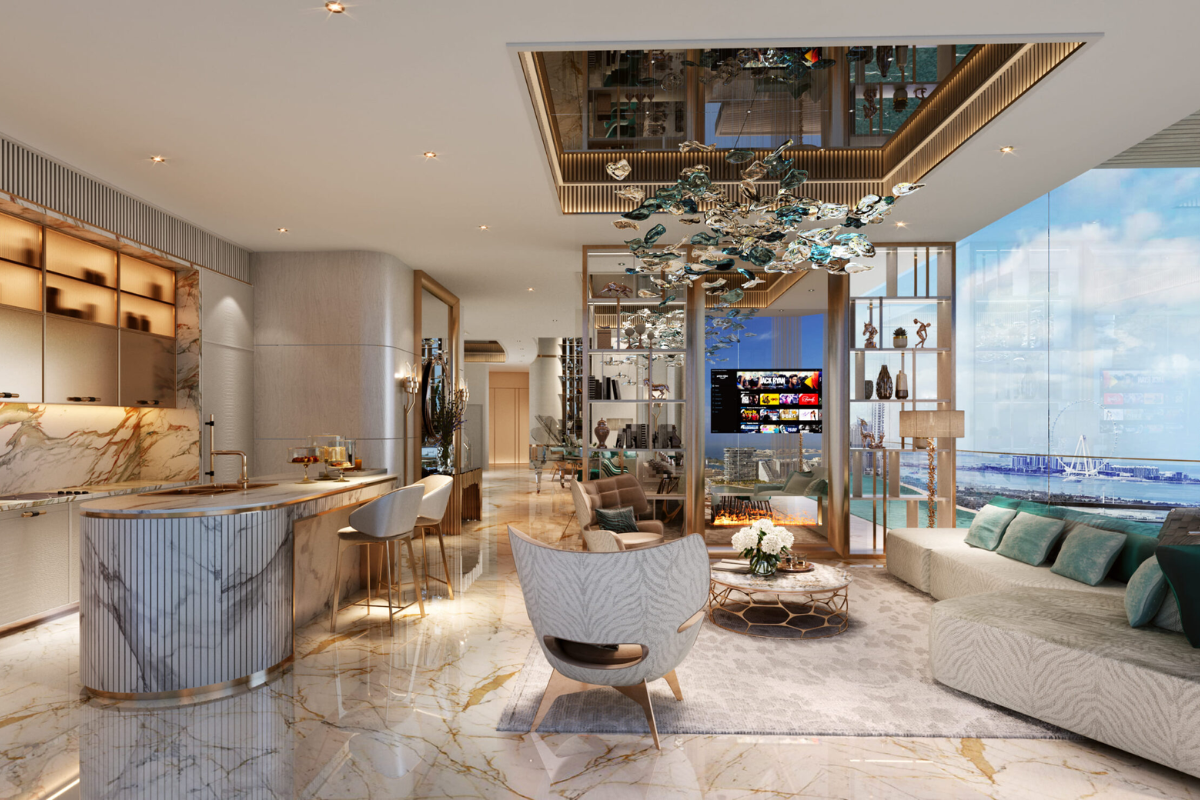
Dubai's luxury real estate market has become a cornerstone of its global appeal, attracting affluent buyers and investors from around the world. This phenomenon is driven by a combination of psychological desires for opulent living spaces and strategic economic incentives that make high-end properties in Dubai particularly enticing.
Psychology of High-End Spaces
- Desire for Premium Amenities
The pursuit of homes featuring ocean views, private pools, and penthouse suites is deeply rooted in the human desire for exclusivity and status. Such premium amenities not only provide comfort but also serve as symbols of success and personal achievement. According to research by Palmstone Real Estate, luxury properties are often seen as extensions of one's identity, reflecting individual tastes, values, and social standing.
- Impact on Mental Well-Being
The design and aesthetics of a living space significantly influence mental health. Features like expansive layouts, natural lighting, and serene views contribute to relaxation and stress reduction. A study highlighted by Biofilico emphasizes that wellness-focused real estate, incorporating elements such as air quality, lighting, and access to natural spaces, can enhance overall well-being by promoting relaxation and mindfulness.
- Trend Towards Branded Residences and Smart Homes
There is a growing demand for branded residences that offer bespoke services and smart home technologies. These properties provide a seamless blend of luxury and convenience, appealing to discerning buyers seeking personalized living experiences. Developments like The Well in Miami exemplify this trend, integrating health-focused amenities and advanced technologies to create holistic living environments.
Data on Dubai’s Real Estate Boom
- Surge in Luxury Property Transactions
Dubai's real estate market has witnessed remarkable growth, particularly in the luxury segment. In 2024, the city recorded 180,900 real estate transactions worth AED 522.1 billion (USD 142.1 billion), marking a 36% increase in sales and a 27% rise in value compared to the previous year. This surge is largely attributed to the influx of high-net-worth individuals seeking premium properties.
- Attractive Rental Yields
Investors are drawn to Dubai's luxury real estate due to its lucrative rental yields. Prime locations offer average rental returns of 6-8%, surpassing many other global markets. This financial incentive, coupled with the city's tax-free environment, enhances the appeal for both local and international investors.
- Influence of Golden Visa and Property Incentives
The introduction of long-term residency options, such as the Golden Visa, has significantly bolstered the real estate sector. These visas provide investors with the security of residency, encouraging substantial investments in luxury properties. The policy has been a catalyst for market growth, with a notable increase in demand for high-end real estate from foreign nationals.
The Science of Luxury Brands: Why We Pay More for Prestige
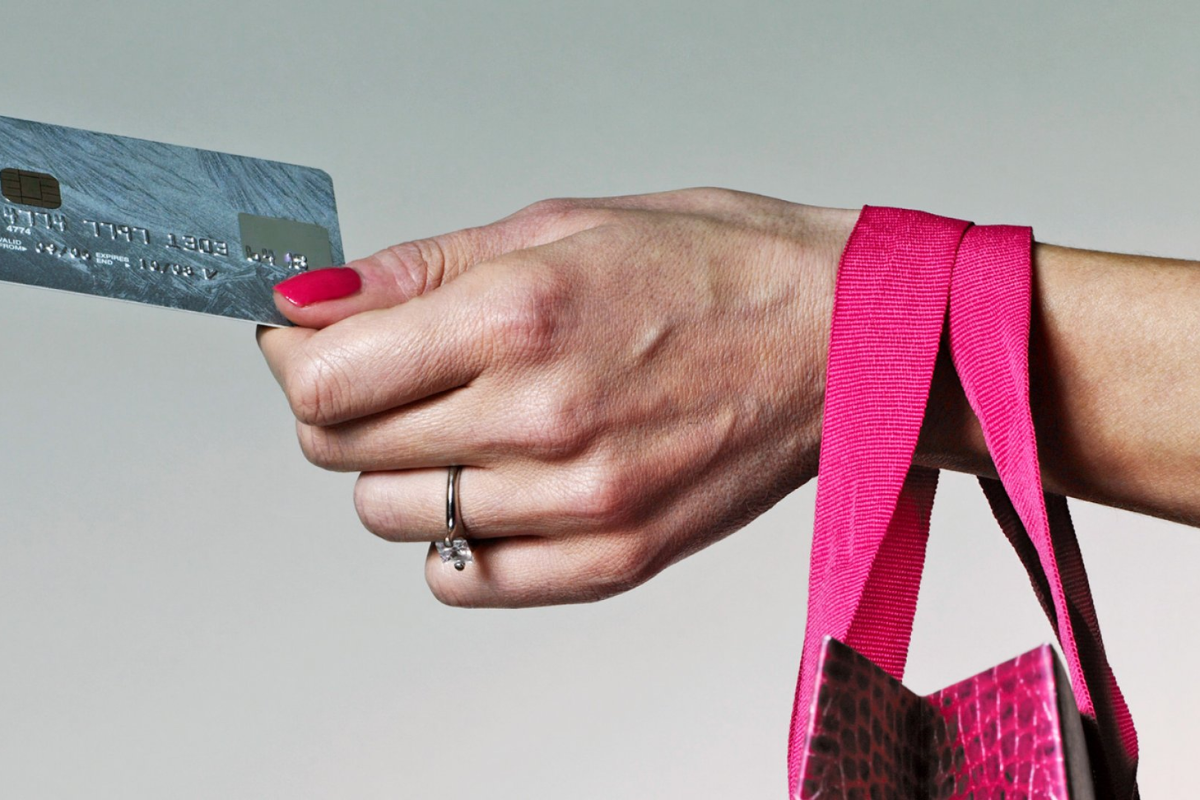
The allure of luxury brands is deeply rooted in psychological principles that drive consumer behavior. Understanding these factors sheds light on why individuals are willing to pay a premium for prestigious products, especially in markets like Dubai, where luxury shopping is a significant cultural and economic phenomenon.
Luxury Retail Psychology
- The 'Rarity Principle'
Scarcity significantly enhances the desirability of luxury items. When products are perceived as rare or available for a limited time, consumers often assign them higher value. This phenomenon, known as the 'scarcity principle,' suggests that limited availability can create a sense of urgency and exclusivity, prompting consumers to act quickly to acquire the item. Brands like Supreme have effectively employed this strategy by releasing products in small quantities, thereby increasing demand and perceived value.
- The 'Halo Effect'
The 'halo effect' is a cognitive bias where the perception of one positive attribute influences the overall perception of a product or brand. In the context of luxury goods, premium branding can lead consumers to associate high prices with superior quality, craftsmanship, and exclusivity. This effect reinforces the brand's aspirational appeal, making consumers more inclined to purchase luxury items under the belief that they are of higher quality.
Dubai’s Love for High-End Shopping
- Luxury Spending Habits in the UAE
Dubai stands as a central hub for luxury retail in the Middle East. The city's residents are known for their significant expenditure on high-end goods. Studies have shown that UAE citizens allocate approximately 30% of their monthly salaries to luxury items, reflecting a cultural inclination towards premium products.
The luxury goods market in the United Arab Emirates is projected to grow by 1.67% between 2025 and 2029, reaching an estimated market volume of US$6.87 billion by 2029.
- Role of Premier Shopping Destinations
Dubai's status as a luxury shopping destination is bolstered by its world-class malls, which offer unparalleled retail experiences:
-The Dubai Mall: As one of the largest shopping centers globally, it houses an extensive array of luxury brands, attracting both residents and tourists.
-Mall of the Emirates: Known for its high-end boutiques and exclusive stores, it caters to the city's affluent shoppers.
-Fashion Avenue: Located within The Dubai Mall, this section is dedicated to luxury fashion, featuring flagship stores of renowned designers.
These malls are not merely shopping centers but have become integral to Dubai's identity as a luxury hub, offering exclusive services and experiences that enhance consumer engagement.
Psychological Strategies Employed by Luxury Brands
Luxury brands in Dubai utilize various psychological tactics to attract and retain customers:
-Exclusivity: By offering limited-edition products and exclusive collections, brands create a sense of rarity, making items more desirable.
-VIP Treatment: Personalized services, such as private shopping sessions and bespoke consultations, make customers feel valued and special.
-Luxury Packaging: High-quality, aesthetically pleasing packaging enhances the unboxing experience, reinforcing the premium nature of the product.
These strategies tap into consumers' desires for status, recognition, and unique experiences, driving the success of luxury retail in the region.
Luxury Experiences: Why We Pay for Exclusive Moments
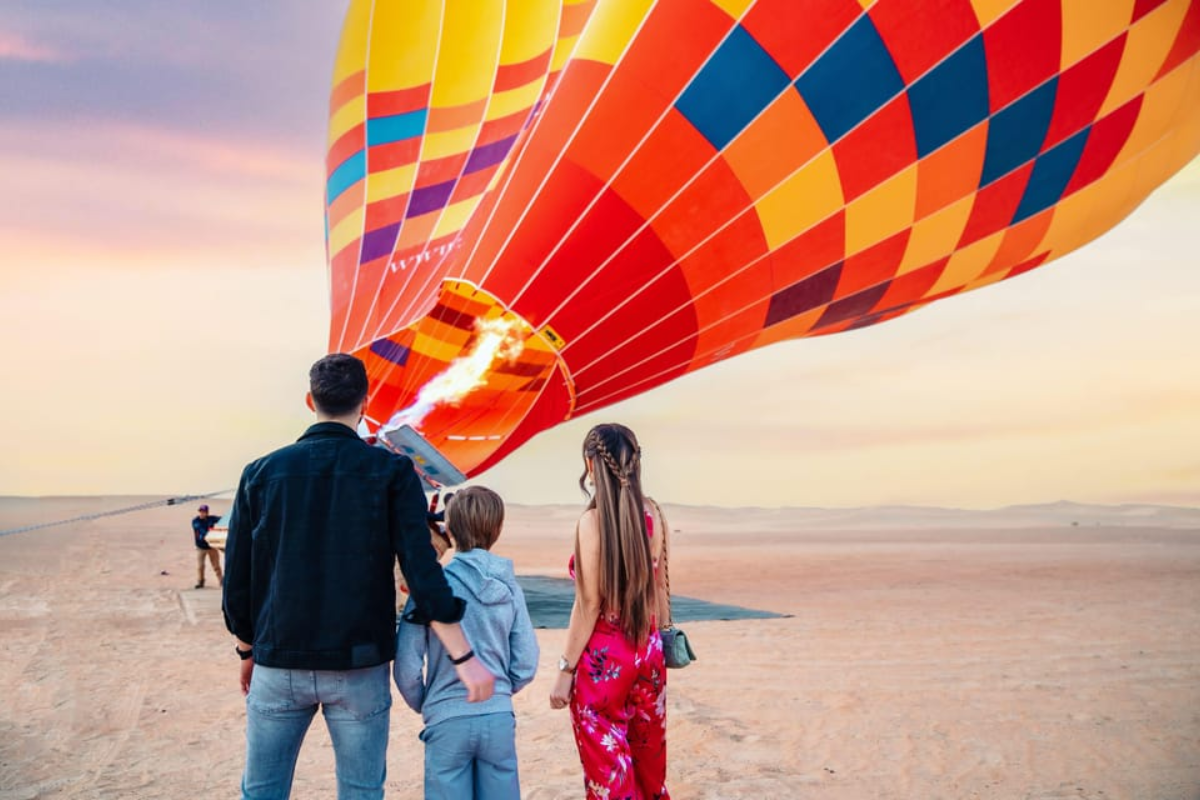
The pursuit of exclusive experiences has become a defining characteristic of luxury consumption, especially among high-net-worth individuals (HNWIs). In Dubai, a city synonymous with opulence, this trend is particularly evident, with a burgeoning market catering to those seeking unparalleled moments.
Psychology of Experiential Luxury
- Preference for Experiences Over Material Goods
Research indicates that HNWIs are increasingly valuing unique experiences over tangible possessions. This shift is driven by a desire for personal growth, memorable moments, and social distinction. Experiential luxury offers a sense of fulfillment that material goods often cannot, providing stories and memories that enhance one's social identity.
- Transformational Experiences
The concept of 'transformational experiences' refers to events that profoundly impact an individual's perspective and lifestyle. HNWIs are drawn to once-in-a-lifetime opportunities that offer personal enrichment and a departure from the ordinary. Examples include dining at Michelin-starred restaurants, embarking on private yacht excursions, and retreating to luxurious desert resorts. These experiences provide not only exclusivity but also a chance for introspection and transformation.
Data on Dubai’s Experience-Driven Market
- Growth of Luxury Tourism and Exclusive Events
According to the Dubai Department of Economy and Tourism, the city welcomed 16.79 million international visitors between January and November 2024, marking a 9% increase from the same period in 2023. This surge is attributed to Dubai's diverse offerings, including high-end hospitality, fine dining, and exclusive events. The city's hotel sector expanded to accommodate this growth, with the total number of hotel rooms reaching 153,390 by the end of November 2024, up from 149,685 at the end of 2023. This expansion reflects the increasing demand for luxury accommodations and experiences.
- Impact of Unique Activities on the Luxury Economy
Dubai's luxury economy is significantly bolstered by unique, high-end activities that attract affluent tourists and residents alike. Offerings such as skydiving over the Palm Jumeirah, supercar rentals, and access to private islands provide unparalleled experiences that contribute to the city's allure. These activities not only enhance Dubai's reputation as a luxury destination but also drive economic growth by attracting a clientele willing to invest in premium experiences.
The emphasis on exclusive, transformative experiences is reshaping the landscape of luxury consumption. Dubai's strategic development of its luxury tourism and hospitality sectors positions the city at the forefront of this experiential luxury trend, catering to the evolving desires of high-net-worth individuals seeking more than just material wealth.
Future of Luxury in Dubai: Trends & Predictions
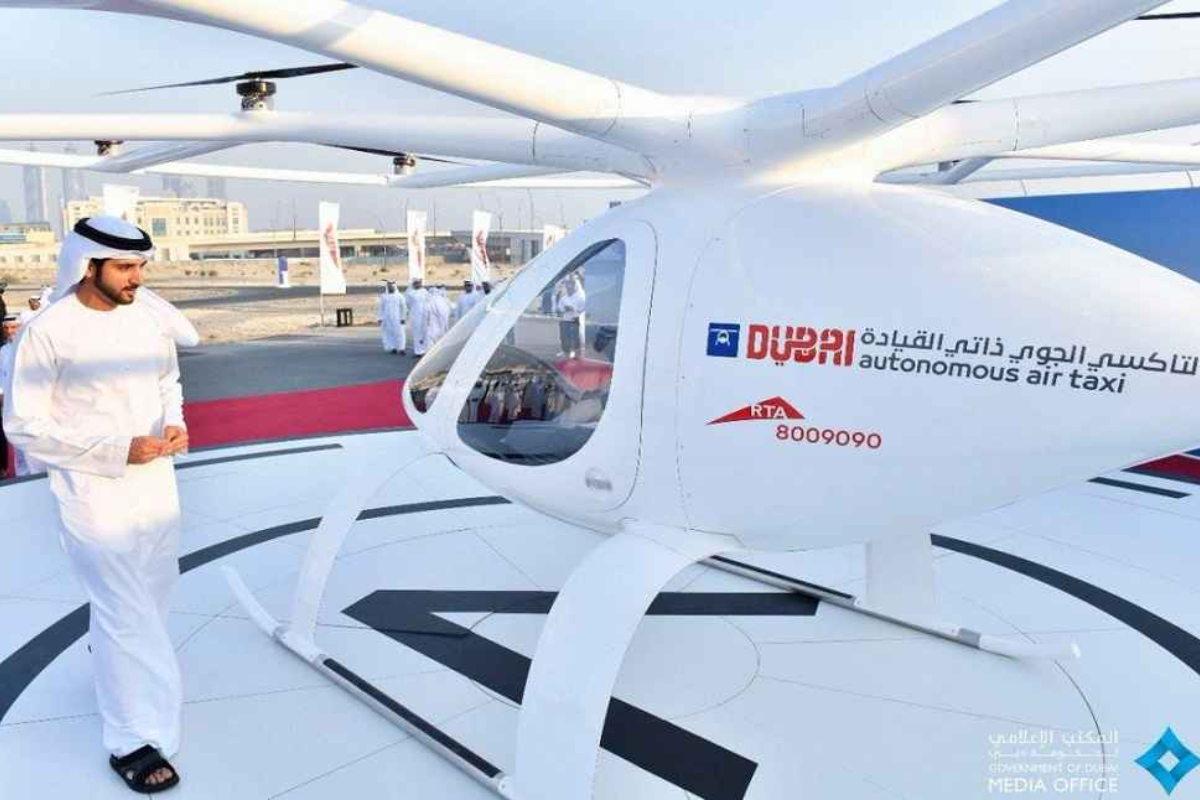
Dubai's luxury landscape is poised for significant transformation in the coming years, driven by advancements in artificial intelligence (AI), a shift towards sustainable luxury, and strategic developments in the real estate sector.
AI and Smart Luxury
- Integration of AI and Automation
The adoption of AI and automation is revolutionizing luxury living in Dubai. Properties equipped with smart technologies—such as AI-powered home automation systems, energy-efficient appliances, and IoT-enabled devices—are becoming increasingly desirable. These innovations offer residents enhanced convenience, security, and personalized living experiences. According to Unique Properties, by 2024, properties integrated with smart technology are estimated to have a 15-20% higher market value than traditional properties, indicating a growing preference for tech-enabled living spaces.
- Sustainable Luxury
Environmental consciousness is reshaping the luxury market, with a notable shift towards eco-friendly and sustainable high-end choices. Developers are increasingly incorporating green building practices, energy-efficient systems, and sustainable materials into their projects. High Mark Real Estate highlights that in 2024, Dubai's real estate sector is championing sustainability, with initiatives like energy-efficient buildings and waste reduction strategies redefining urban living.
The Next Big Thing: Predictions for Dubai’s Luxury Market
- Real Estate Market Projections
Dubai's luxury real estate market is expected to experience continued growth. Industry forecasts suggest a moderate price increase of approximately 5-10% in 2025, reflecting a stabilizing market as supply aligns with demand. Notably, around 76,000 new housing units are expected to be completed in 2025, contributing to this balance.
- Sustaining Dubai's Position as a Luxury Hub
Dubai's strategic initiatives and investments are likely to maintain its status as a premier global luxury destination. The city's commitment to integrating advanced technologies, promoting sustainable development, and expanding ultra-luxury real estate offerings caters to the evolving preferences of high-net-worth individuals. For instance, developments like man-made islands featuring bespoke mansions priced at £100 million exemplify Dubai's dedication to providing unparalleled luxury experiences.
The future of luxury in Dubai is characterized by a harmonious blend of technological innovation, sustainable practices, and strategic real estate development. These elements collectively ensure that Dubai remains at the forefront of the global luxury market in the years to come.
Luxury transcends mere displays of wealth; it intricately weaves into our identity, psychology, and cultural fabric. As highlighted in "The Psychology of Luxury Consumption" by Dubois, Jung, and Ordabayeva, our desire for luxury is driven by complex tensions between personal aspirations and societal influences. In Dubai, this interplay is vividly evident, with the city continually evolving to meet the sophisticated tastes of its residents and visitors.
Initiatives like Fashion Futures Dubai underscore a commitment to innovation and sustainability, ensuring that luxury remains dynamic and forward-thinking. As we reflect on this, we must ponder: Is luxury an essential facet of human experience, or is it an elaborate construct of our desires?
Also read:
